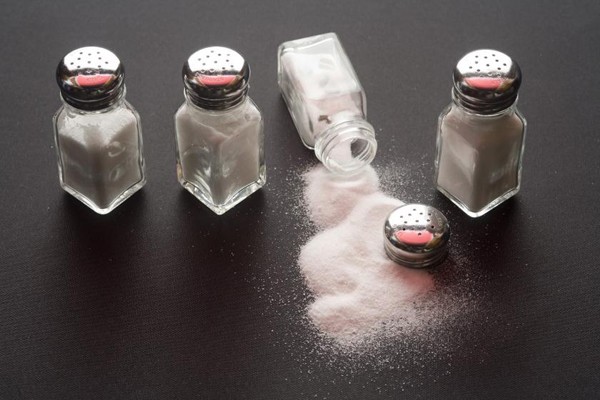Health authorities report that there is no direct correlation of iodized salt intake to thyroid cancer, in light of China's Iodine Deficiency Sickness Prevention Day on May 15.
"There is no scientific evidence to show that the increasing occurrence of thyroid diseases reported in recent years is directly related to consuming iodized salt," stated the National Health and Family Planning Commission.
"Even a slight excess of iodine intake will not cause harm to most people," said Dai Weixin, endicronology department professor at the Peking Union Medical College Hospital.
More than 90 percent of Chinese households use and ingest iodized salt. Before the introduction of iodized salt to China in 1994, citizens suffered from iodine deficiency and the country having many goiter patients.
Stopping one's intake of iodine salt can do more harm than good. Many Chinese families still do not use iodized salt, thus running the risk of iodine deficiency. Evidence suggests that the regulated consumption of iodized salt is in fact ideal to overall health.
Research efforts on the issue are increasing. Although the causes of thyroid cancer are still largely uncertain, it is now known that iodine salt intake does not directly cause the mutation and formation of cancer cells.
Thyroid cancer commonly manifests as papillary and follicular carcinomas, usually localized to the thyroid gland or nearby lymph nodes when diagnosed. These usually spread slower than rare, more aggressive kinds of thyroid cancer that may spread to the bones, windpipe and lungs.
Risk factors for developing the disease include having a preexisting thyroid condition, hereditary history with thyroid cancer, radiation exposure, history of benign breast conditions, familial adenomatous polyposis, and acromegaly.



























